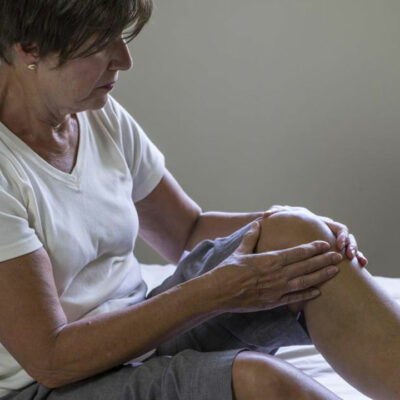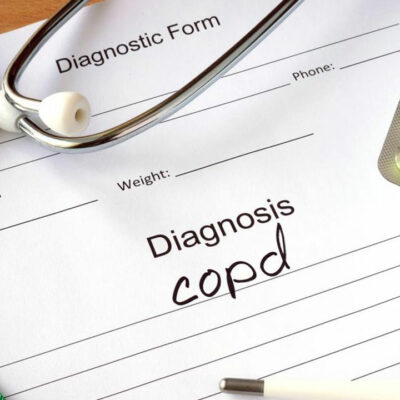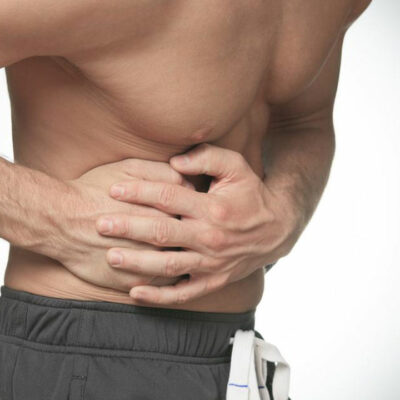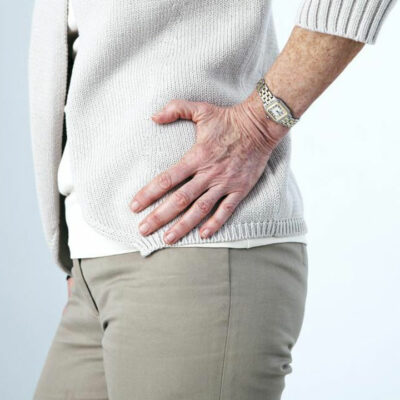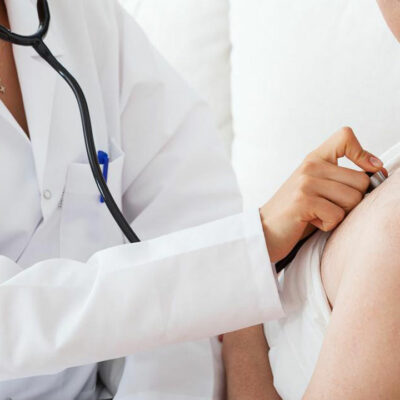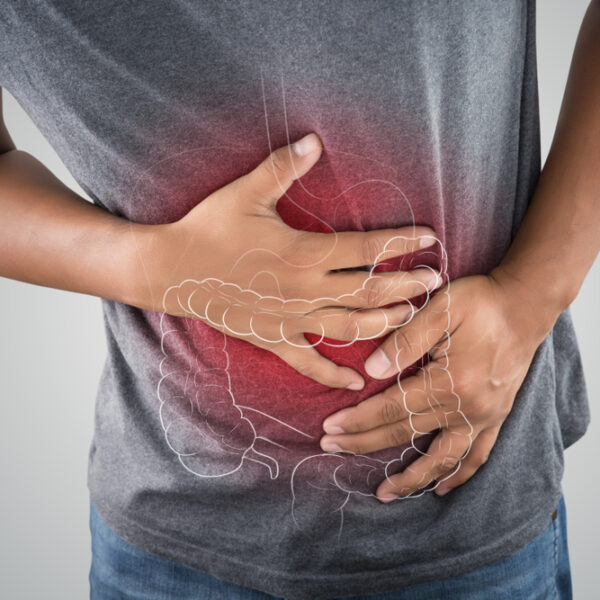
How to Identify the Symptoms of Huntington’s Disease
Huntington’s disease is a genetic disorder that affects a person’s brain. This disease is untreatable and fatal due to cell damage of the nerves in the brain. The damage is usually severe and causes the nerves to dysfunction. In most cases of Huntington’s disease, the onset of the disease happens when the patient is in their thirties or forties.
Read More 
